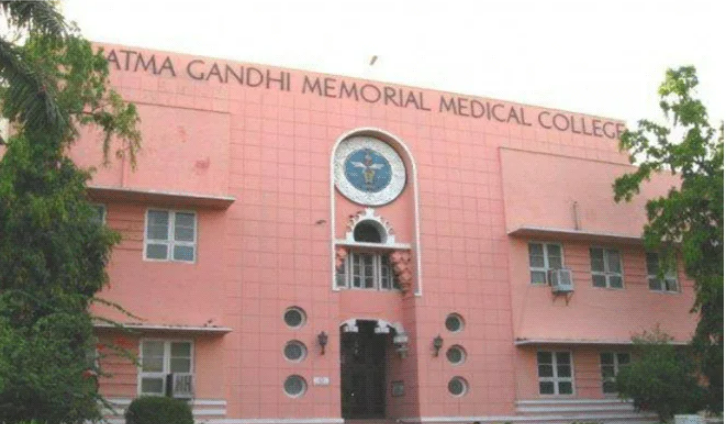Recognition of PG Seats in Mahatma Gandhi Memorial Medical College (MGMMC)
The recognition and validation of postgraduate (PG) seats are of utmost significance in the field of medical education. The National Medical Commission (NMC) recently conducted inspections at the Mahatma Gandhi Memorial Medical College (MGMMC) in Indore for the purpose of recognising PG seats in the departments of medicine and psychiatry. We examine the specifics of these inspections, the NMC standards for recognition, and the importance of such recognition for medical colleges in this article.
NMC’s Inspection Process For Medical College
The NMC, which oversees medical education in India, makes sure that medical colleges all around the nation continue to meet high standards. The NMC performs inspections at various levels to guarantee the caliber of instruction and training.
Initial Approval and Later Inspections
A medical college needs a letter of approval from the NMC before it may start offering PG courses. This initial authorization acts as a green light for the course to begin. The process doesn’t stop there, though. In order to assess the college’s adherence to the established norms and standards, the NMC conducts inspections during the final test of PG programmes, often three years later.
Grant of Acknowledgement
The NMC carefully evaluates the facilities, infrastructure, faculty, curriculum, and overall quality of education given by the medical college during the inspection for the grant of recognition. This assessment attempts to confirm that the institution satisfies the requirements for providing PG courses. The NMC issues a letter of recognition after these requirements are satisfied, approving the college to keep providing the courses for the following five years.
Additional inspections and a larger seat
The NMC continues to oversee the colleges even after recognition has been granted in order to uphold the standard of instruction. To make sure the college maintains the criteria specified by the commission, inspections are conducted on a regular basis. Additionally, if sufficient facilities and resources are available, medical colleges may request authorization to increase the number of PG seats. The NMC also assesses these seat increase petitions through inspections.
Importance of Recognition
Medical schools like MGMMC place a great deal of weight on the NMC’s recognition of PG seats. It guarantees that the education and training offered to PG students is of the highest caliber and shows that the college has successfully satisfied the demanding standards set by the commission. Let’s examine some main justifications for why acknowledgment is essential:
Quality Control
The NMC’s recognition demonstrates the college’s dedication to upholding a high standard of instruction and facilities. It represents adherence to the rules and regulations established by the governing body by the college. Students can feel secure knowing that their education is coming from a place that upholds the greatest standards.
Career Possibilities
Medical college graduates can pursue specialized subjects through PG degrees thanks to the recognition of PG seats. These people now have a wider range of professional options, which enables them to learn more about their chosen medical specializations and make a major contribution to the healthcare industry.
Investigation and Innovation
The development of a strong academic atmosphere follows recognition. Recognised medical institutions frequently support research and innovation, enticing academic staff and students to take part in cutting-edge studies that could increase medical knowledge. As a result, a supportive environment is created for knowledge sharing and intellectual development.
status at the National and International Levels The Medical College’s prestige and status are enhanced as a result of NMC recognition. It draws prospective medical professionals looking to be connected with prestigious institutions and serves as a standard for excellence. By increasing the college’s prominence and legitimacy, the recognition makes it easier for it to entice the top faculty members and students.
A crucial procedure that guarantees the Mahatma Gandhi Memorial Medical College upholds excellent standards in medical education is the NMC inspections for the recognition of PG seats. The award affirms the college’s dedication to providing top-notch instruction, expands employment options, encourages research and innovation, and raises its profile on a national and international level. MGMMC’s commitment to upholding the NMC standards is an example of its pursuit of quality in medical education, which ultimately helps the healthcare industry and society at large.


























